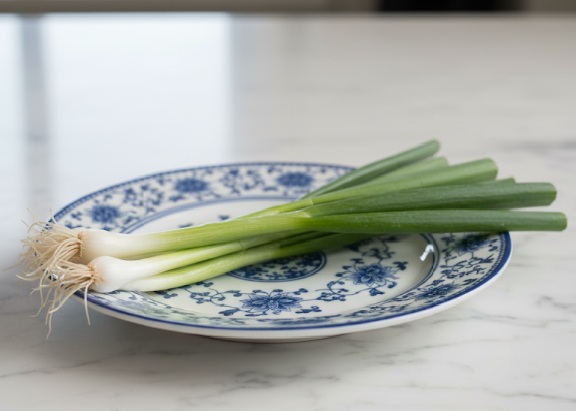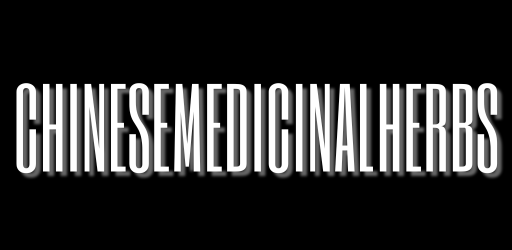Scallion

Scallion (Cong Bai): A Pungent Herb for Early Colds, Yang Qi, and Detoxification
Introduction
Scallion, known as Cong Bai (葱白) in Traditional Chinese Medicine (TCM), is a warm, pungent herb valued for its ability to release the exterior, promote sweating, and support yang qi. It is often used in the early stages of colds and flu, especially when symptoms include chills, nasal congestion, and lack of sweating. It also moves qi and blood, making it helpful for mild abdominal pain, swellings, or detoxifying skin sores.
What Is Scallion?
Cong Bai refers to the fresh stem or bulb of Allium fistulosum (green onion or spring onion). In TCM, it is classified as pungent and warm, entering the Lung and Stomach meridians. While commonly eaten as food, it also serves as an accessible medicinal herb for clearing mild exterior pathogens and promoting circulation.
Health Benefits of Scallion
Releases the exterior and induces sweating – Effective for early colds, chills, and blocked nasal passages.
Unblocks yang qi – Supports circulation, warms the body, and alleviates mild abdominal cold pain.
Detoxifies and reduces swelling – Applied externally or consumed internally for skin sores, abscesses, or mild poisoning.
Promotes blood circulation – Helps relieve mild stagnation-related pain or delayed menstrual flow.
How to Use Scallion
As a simple decoction – Fresh white stalks simmered with ginger or brown sugar for early cold symptoms.
As food therapy – Added to soups or porridges to promote sweating and release mild exterior pathogens.
Externally –Mashed fresh scallion applied to swellings, sores, or insect bites for detoxifying effects.
Where to Buy Scallion
Available in grocery stores and markets – Sold fresh as green onions or spring onions.
In TCM herbal practice – The white bulb portion is preferred for medicinal use.
Look for: fresh, firm stalks with white bulbs and bright green tops, avoiding wilted or damaged pieces.
Are There Any Side Effects?
Scallion is safe and commonly eaten as food. However, it should be avoided in cases of yin deficiency with heat or excessive sweating. Overuse may cause dryness or irritation. It should also be avoided with honey when used medicinally in certain TCM contraindications.
Conclusion
Scallion (Cong Bai) is a warm, pungent herb that releases the exterior, promotes sweating, moves yang qi, and supports detoxification. Best for early colds, mild stagnation, and simple external swellings, it bridges the gap between kitchen food and healing herb in everyday TCM use.
FAQ
Can scallion help with colds? – Yes, it is best for the very early stage with chills, nasal congestion, and no sweating.
Is it safe to eat every day? – Yes, as food it is very safe, though excessive amounts may dry out the body.
Can it be applied externally? – Yes, mashed scallion can be placed on insect bites, swellings, or sores to help reduce toxins.

